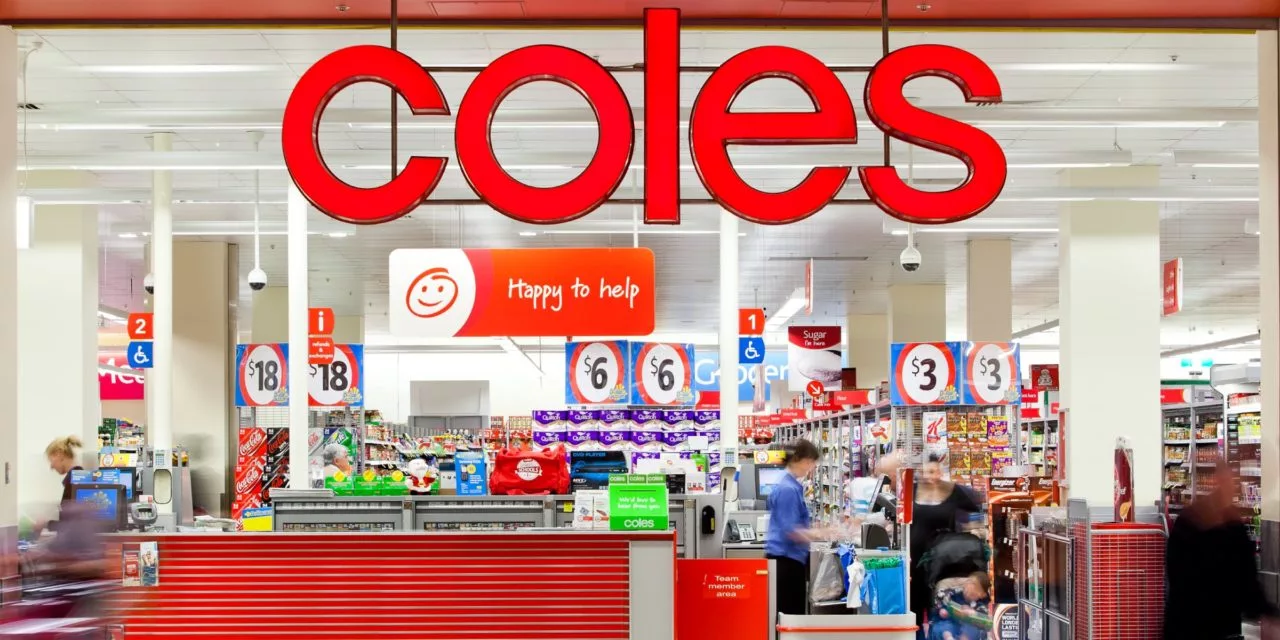Coles Group Ltd (COL.AX), Australia’s No. 2 grocery chain, reported first-half profit that exceeded analysts’ expectations as decreased pandemic-related spending offset inflation. However, it cautioned that rising wages and energy costs would continue to drive up costs, driving down share prices.
Coles and its bigger rival Woolworths Group Ltd (WOW.AX) have taken the brunt of the changing economy as rising electricity costs and a labour shortage drive up wages after COVID-19 lockdowns saw barnstorming sales.
The two supermarket chains, which together account for two-thirds of the country’s groceries, have also had it tougher because of extreme weather events that have destroyed crops and inundated freight roads and railroads, limiting the availability of stock.
Coles reported on Tuesday that its profit from ongoing activities increased 11.4% to A$616 million ($424.61 million) in the six months ending in December, just beating analyst expectations.
However, the business claimed that was helped by a decrease in COVID-19 expenses compared to the same period last year. Analysts believe that the 3.9% increase in sales from continuing operations—which is half the rate of inflation for the time period—is an indication that consumers are reducing their spending.
Extreme weather events that drove up the price of fresh produce in the first half would probably help to restrain inflation in the second half, but the business also warned that rising supplier costs were being driven up by rising energy and wage costs.
Leah Weckert, a Coles executive who the company announced would take over as its new CEO in May, described the current situation as “a very complex collection of movements and it’s somewhat difficult to predict where it goes.”
On an analyst call, Weckert said, “We are expecting cost pressures to continue but we are expecting to see some moderation.”
Without providing any precise financial projections, the business stated that growth in shopping volume had returned to being “modestly positive” in January.
Analysts expressed concern over a number of cost challenges, which led to a 1.5% decline in Coles shares in afternoon trading, compared to a 0.2% decline in the overall market (.AXJO).
According to Barrenjoey analyst Tom Kierath, “the expense growth was probably a little faster than what people had forecast.”
“I believe you’re probably seeing the impacts of that coming through,” said the expert. “Freight costs, labour in stores: it’s still difficult to get people at the moment.”
A year ago, Coles increased its interim payout by 9% to 36.0 Australian cents per share.
$1 is equal to 1.4507 Australian dollars.

